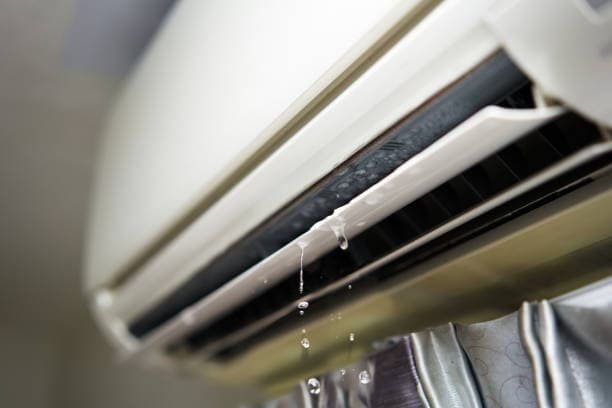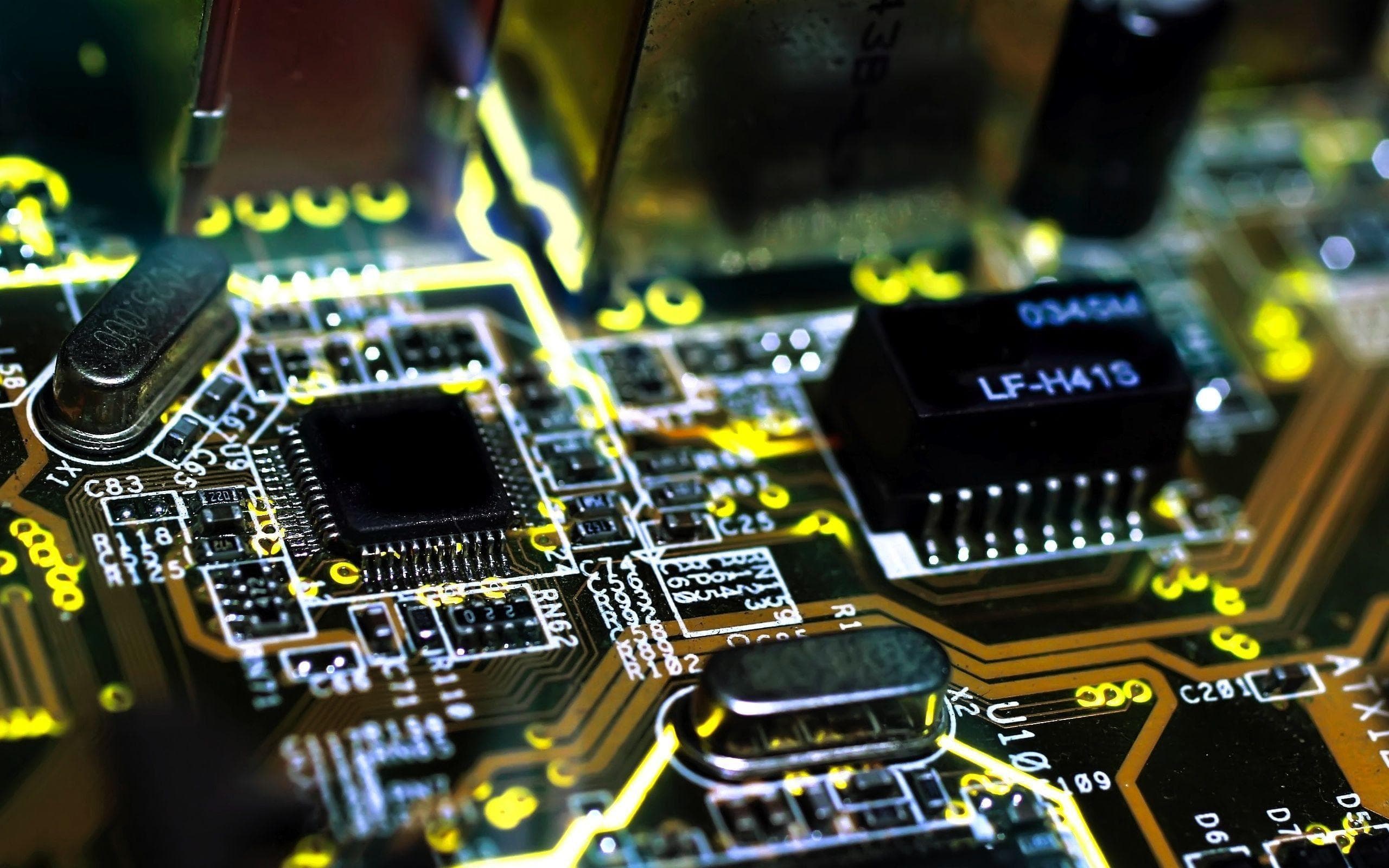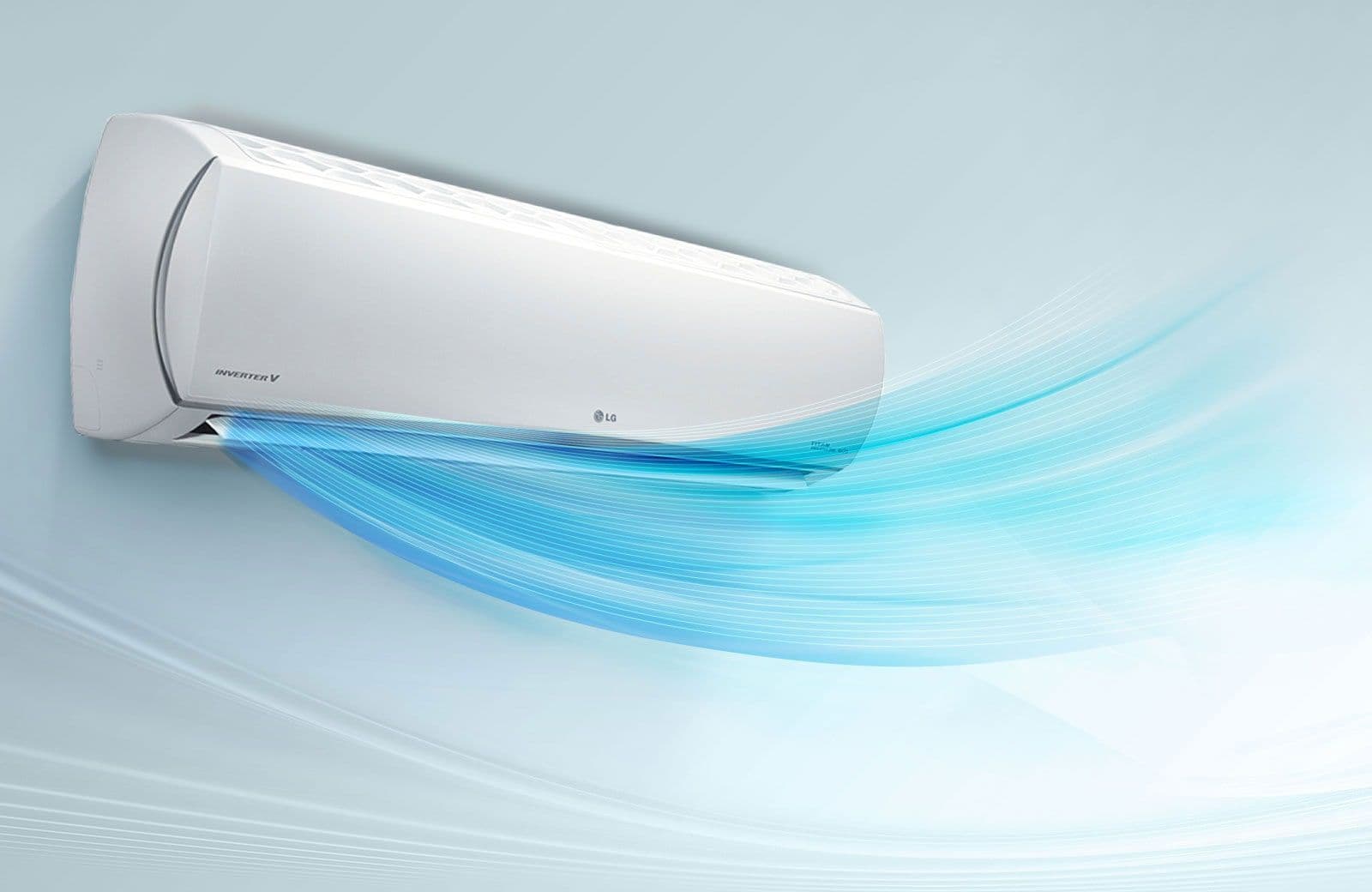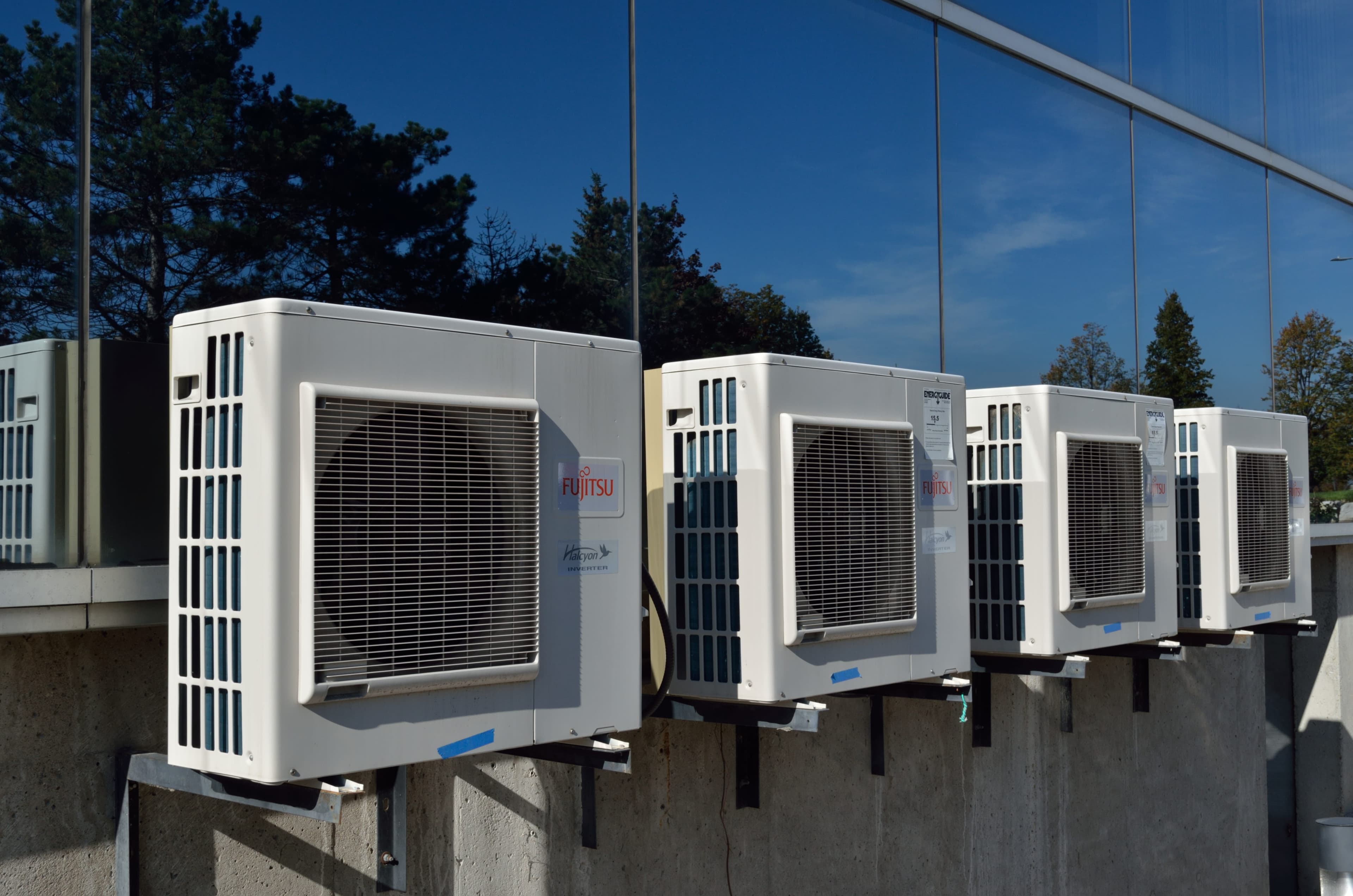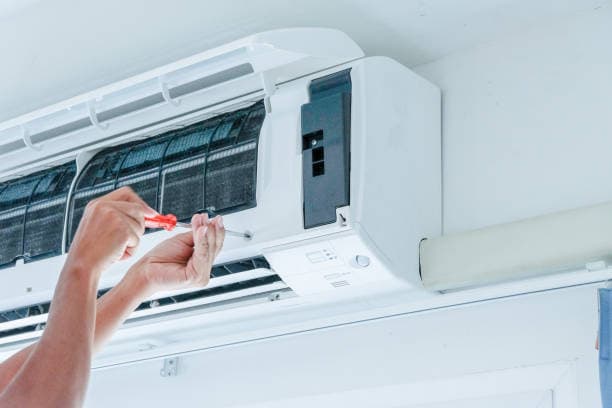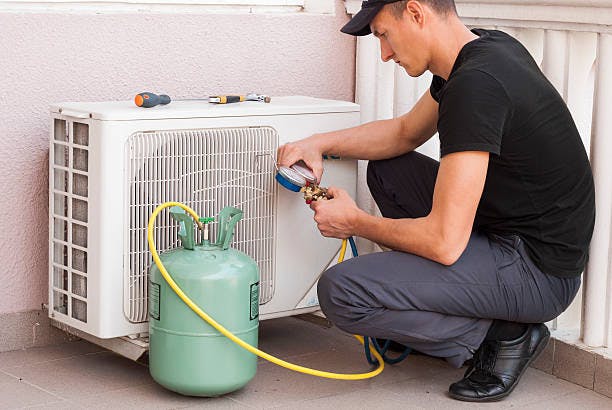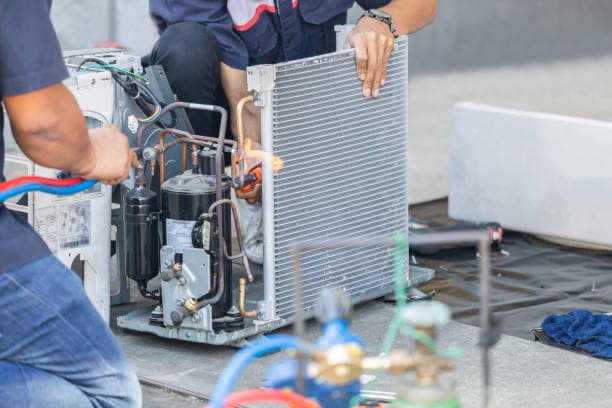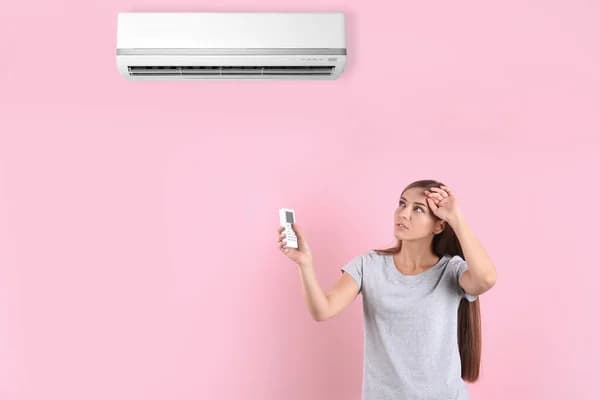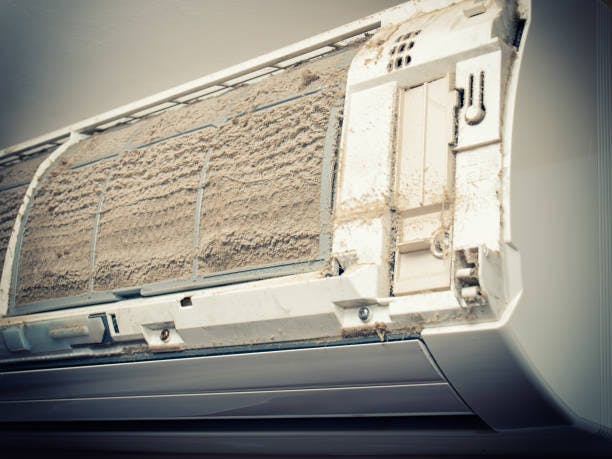Sunny Singapore is known for its high temperatures and humidity, which makes aircon more than just a luxury — it’s a necessity. However, with multiple aircon modes available, figuring out the best option for comfort, energy efficiency, and cost savings can be a challenge. Each mode offers unique benefits, and knowing when to use them can help optimize your indoor environment.
Here’s an expanded guide on the different aircon modes and how to make the best use of them, especially in Singapore’s tropical climate.

Cool Mode
As the name suggests, Cool Mode is designed to cool the room by lowering the temperature to your desired level. And is the default option for most people, especially in a hot climate like Singapore’s. It’s designed to lower the temperature in a room by using the compressor to remove heat and maintain a set temperature. This mode is highly effective for instantly beating the heat, providing consistent cooling throughout the day.
In Singapore, where the average daily temperature can range from 26°C to 34°C, Cool Mode is ideal during the hottest parts of the day. However, using Cool Mode continuously can lead to a spike in your electricity bills due to the constant operation of the compressor. While it offers instant relief from the heat, it’s important to balance comfort and energy usage.
- When to Use: Ideal for mid-day or peak afternoon heat when quick cooling is necessary.
- Pro Tip: Set your aircon to around 24-26°C. This temperature range offers optimal comfort without overworking the unit or driving up your power bill.
Dry Mode
Singapore’s humidity levels can often make the air feel sticky and uncomfortable. Especially with the arrival of El Niño. Thus, Dry Mode helps reduce this issue by removing excess moisture from the air, making it feel cooler and more comfortable. It operates by running the aircon compressor at a reduced capacity to dehumidify the air without significantly lowering the temperature. Dry Mode is also useful during the rainy season when humidity levels are high.
This mode is particularly useful during the rainy season or on days when humidity feels unbearable. Dry Mode helps prevent the build-up of mold and mildew, which can thrive in high-humidity environments. Additionally, it uses less energy compared to Cool Mode because it doesn’t need to work as hard to lower the temperature.
- When to Use: Perfect during humid days or during the rainy season when the air feels sticky but isn’t necessarily hot.
- Pro Tip: Use Dry Mode overnight to maintain a comfortable sleeping environment without overcooling your space.
Fan Mode
As the name suggests, like a fan, Fan Mode circulates air without cooling or dehumidifying it. This makes for a less costly option for the mild weather conditions or when you just need a gentle breeze. Plus, it’s energy-efficient and can help you save on electricity bills as compared to Cool or Dry Mode.
Fan Mode can also be used alongside natural ventilation, such as when windows are open, to help improve airflow. It’s a good option for people who want to avoid cold air but still need some ventilation.
- When to Use: Best during cooler evenings or early mornings when temperatures are mild.
- Pro Tip: Pair Fan Mode with ceiling fans or portable fans to circulate air throughout larger spaces more effectively.
Auto Mode
The most convenient mode of them all – the Auto Mode – adjusts the aircon settings based on the room’s ambient temperature. How it works is that the aircon’s thermostat senses the room temperature and automatically switches between cooling and fan modes to maintain the set temperature.
This mode helps to optimize energy use because the aircon will automatically reduce power consumption once the desired temperature is reached. It’s an excellent option for those who want a balance between comfort and efficiency.
- When to Use: Best for day-long cooling, especially in homes where rooms are occupied throughout the day.
- Pro Tip: Set a moderate temperature and let Auto Mode handle the rest. It’s a “set it and forget it” mode that provides convenience and comfort.
Eco Mode
Designed to prioritise energy saving while still providing ample cooling, Eco Mode ensures the aircon’s settings use minimal power consumption by gradually increasing the temperature or limiting the compressor’s runtime. It is also ideal for environmentally-conscious users who want to reduce their carbon footprint and save on electricity costs without sacrificing comfort.
Using Eco Mode is a great way to maintain comfort without sacrificing too much in terms of cooling. It’s ideal for those who want to keep their aircon running for long hours without worrying about the impact on their electricity usage.
- When to Use: Ideal for nighttime use or during periods of low activity when minimal cooling is needed.
- Pro Tip: Use Eco Mode during non-peak hours or at night to further reduce energy consumption without compromising comfort.
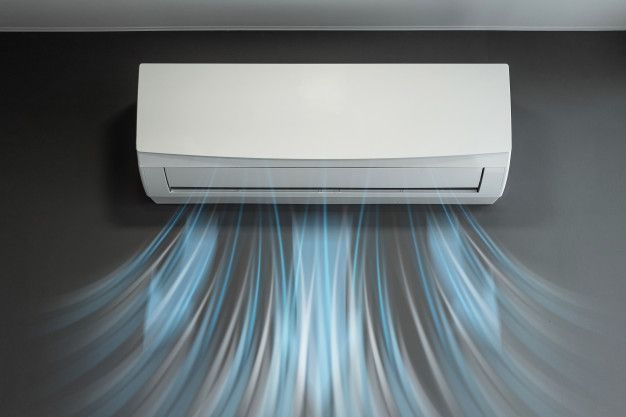
Choosing the Right Aircon Mode
So, let’s get down to it. When deciding on the best aircon mode to use in Singapore, one must consider factors like weather conditions, indoor humidity levels, energy saving, and personal preferences.
For hot and humid weather, we’d recommend putting your aircon on Cool Mode or Dry Mode. However, during milder weather or for nighttime, Fan Mode or Eco Mode will be your best choices as they can provide gentle airflow while saving energy.
Additionally, regular aircon servicing by reputable professionals is essential for maintaining better performance and efficiency. Scheduled aircon servicing helps prolong the lifespan of your aircon, improves indoor air quality, and ensures reliable cooling performance, especially during Singapore’s fluctuating climate.
Final Thoughts
Finding the best aircon mode in Singapore boils down to understanding your specific needs, the time of day, and energy-saving priorities. Whether you opt for Cool Mode to combat the heat, Dry Mode to reduce humidity, or Eco Mode to save energy, you must always remember to service your aircon.
Moreover, regular maintenance is essential for long-term aircon efficiency, ensuring that your unit operates at peak performance during Singapore’s sweltering heat. By choosing the right mode and keeping your aircon in top shape, you can enjoy a comfortable, energy-efficient home throughout the year!








